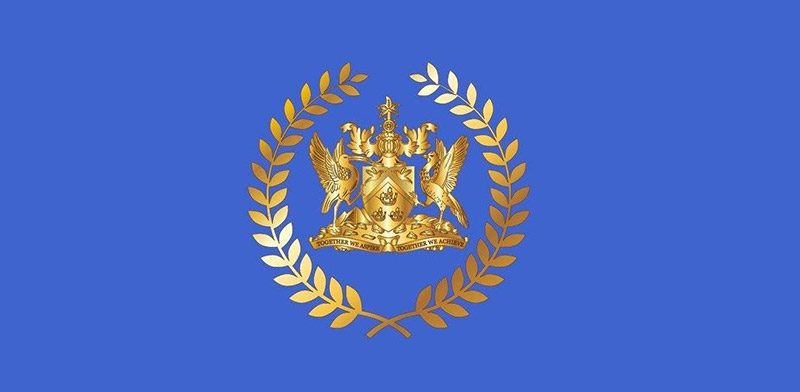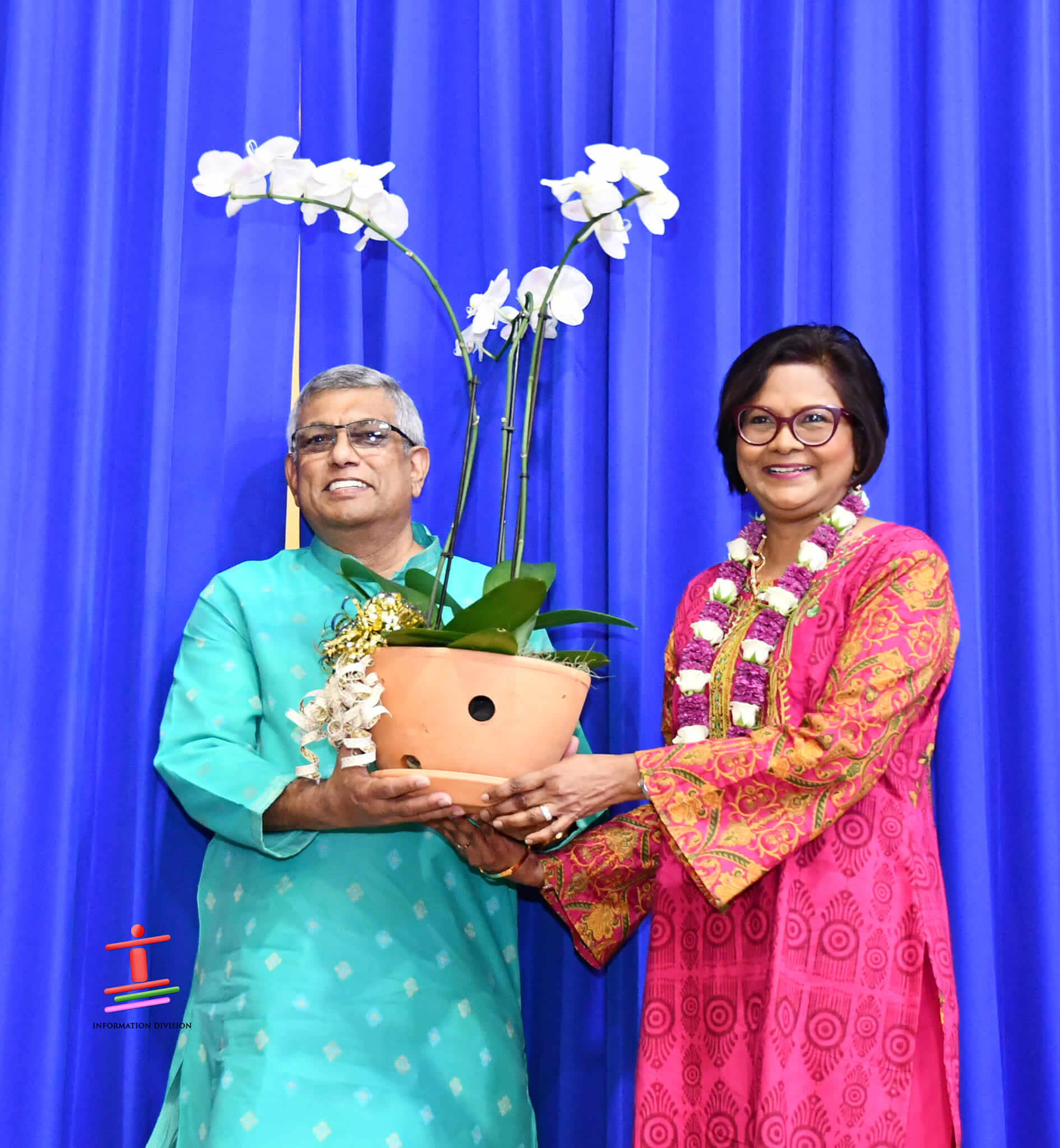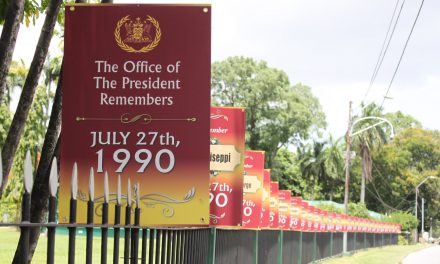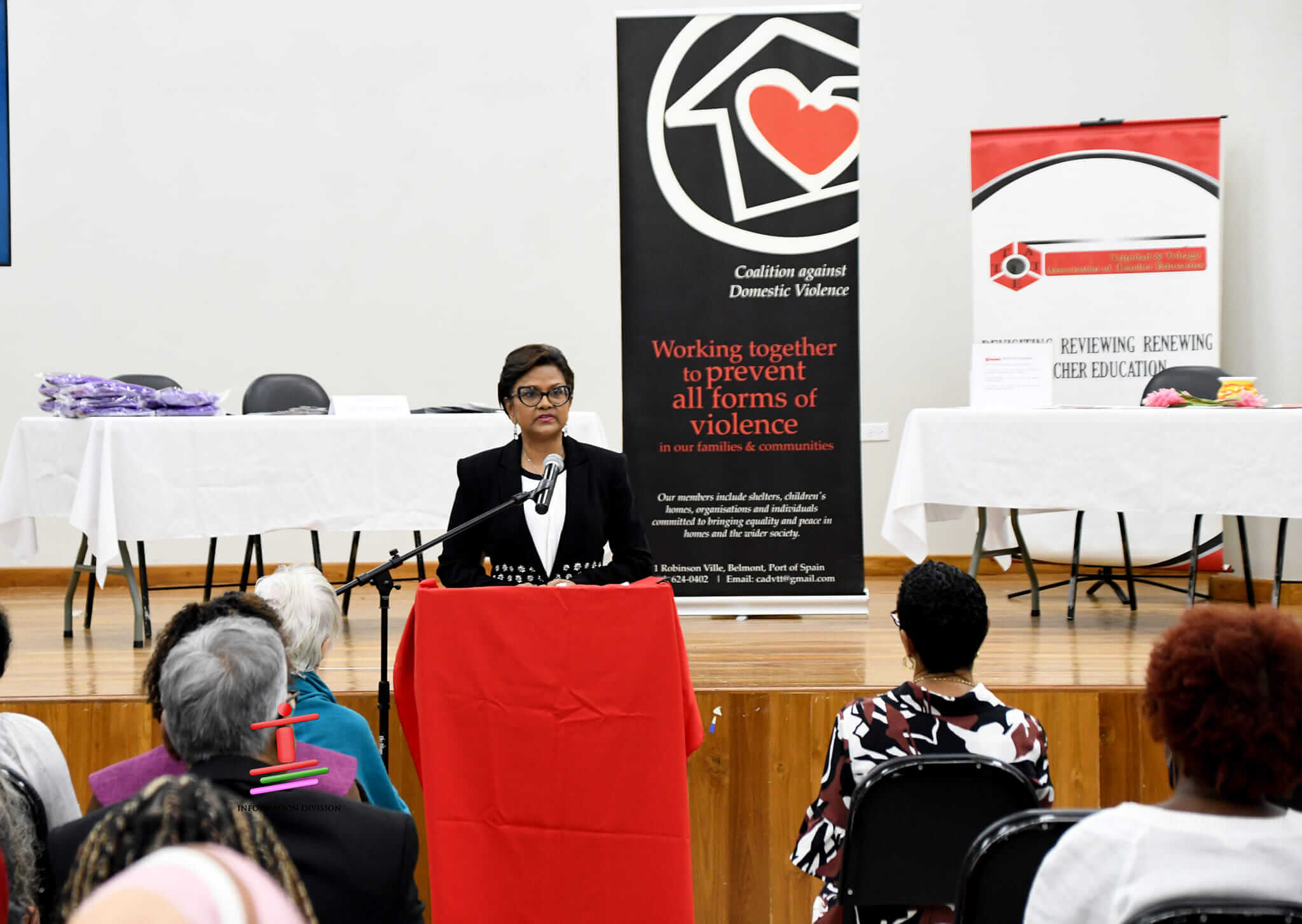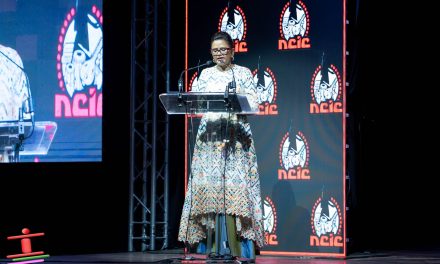Language is a fundamental system of human interaction, expression and identity. It can be a bridge between cultural groups but also, a source of xenophobia and misunderstanding.
In our connected, yet diverse world, language is a common factor that leads to the forging of economic, political and social bonds among states and organisations. There is no gainsaying the fact that relationships are easier built among people and countries who speak the same language. Today, Spanish Language Day and English Language Day, we celebrate the history, culture and achievements of language and promote multilingualism and cultural diversity.
Spanish and English are the second and third most spoken languages in the world, respectively. Today, April 23, marks the deaths of two titans of Spanish and English literature – William Shakespeare, the celebrated English poet and dramatist and Miguel de Cervantes Saavedra, a brilliant Spanish novelist, poet and playwright.
In Trinidad and Tobago, English is our official language, although several others such as Hindi, French Patois and Spanish continue to be spoken as testament to our varied cultural heritage. Spanish has always been relevant to our cultural identity given our history of colonization as well as our proximity to the South American mainland. Recent and ongoing economic and social instability there has caused greater inflows of people and accordingly increased the significance of the Spanish language in our everyday lives.
The integral role played by language in shaping cultural and social attitudes can be used to advance important principles such as gender equality. In keeping with Goal 5 of the United Nations 2030 Agenda for Sustainable Development, which is to achieve gender equality and empower all women and girls, the focus of Spanish Language Day and English Language Day this year is on gender inclusive language.
Gender-inclusive language is a means of communicating without reinforcing gender stereotypes or discriminating against a particular sex or gender identity. It eliminates the use of expressions that can belittle or exclude the other gender and increases our awareness of the significance of language to our perception of the world.
Although frequently regarded as trivial, gender-inclusive language can be instrumental in dealing with harmful stereotypes. A pertinent example provided by the United Nations is the expression “Fathers care for their children” instead of “Fathers babysit their children.” The former structure highlights the equal role of fathers in childcare, which is commonly minimized.
Language is never static; it constantly evolves to keep pace with the cultural emphases and requirements of the time. As we place greater weight on gender equality, it is reasonable that language, a key means of communication, identity and expression should follow suit. Language is a critical vehicle for change in our efforts to promote justice and dignity and to leave no one behind.

